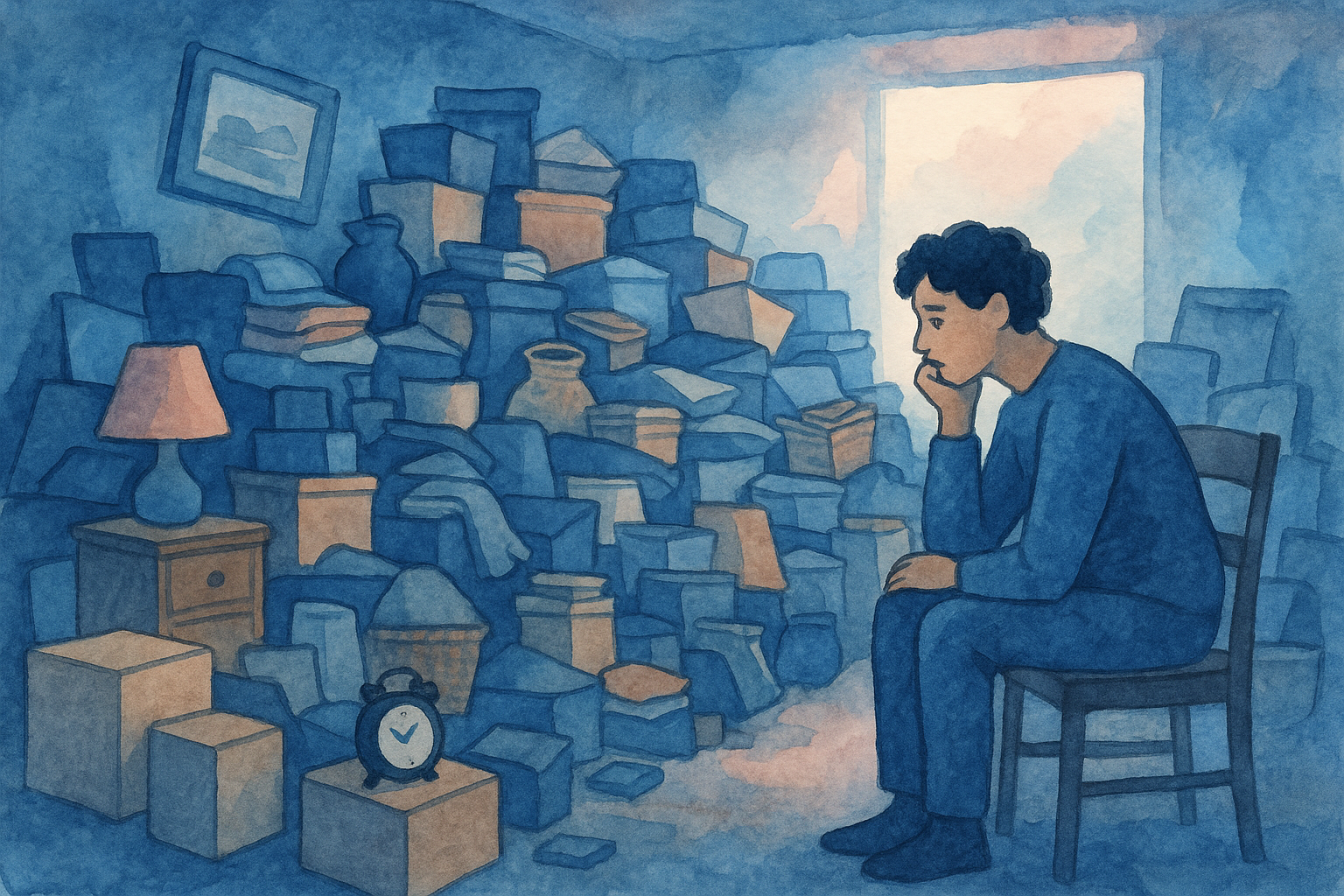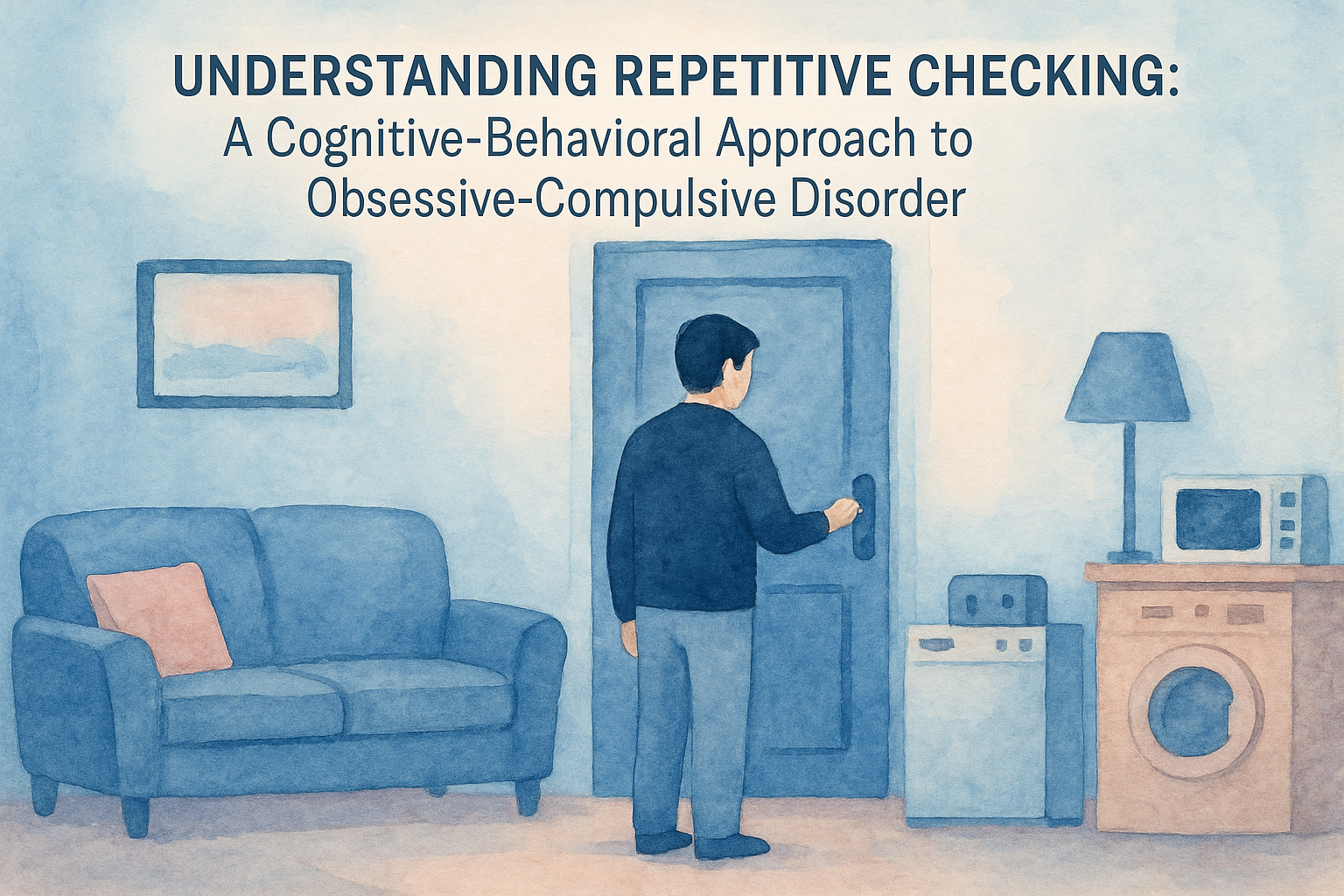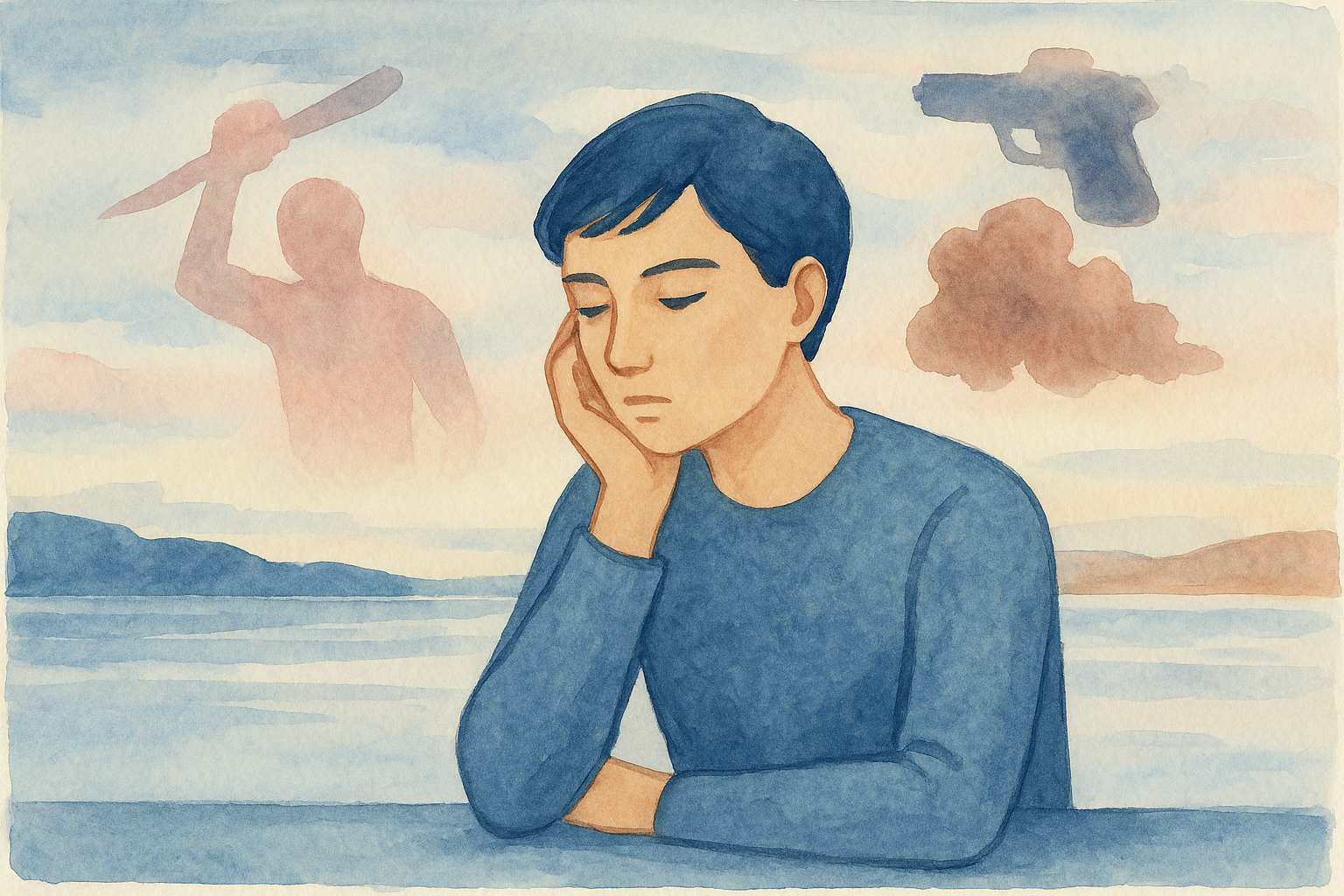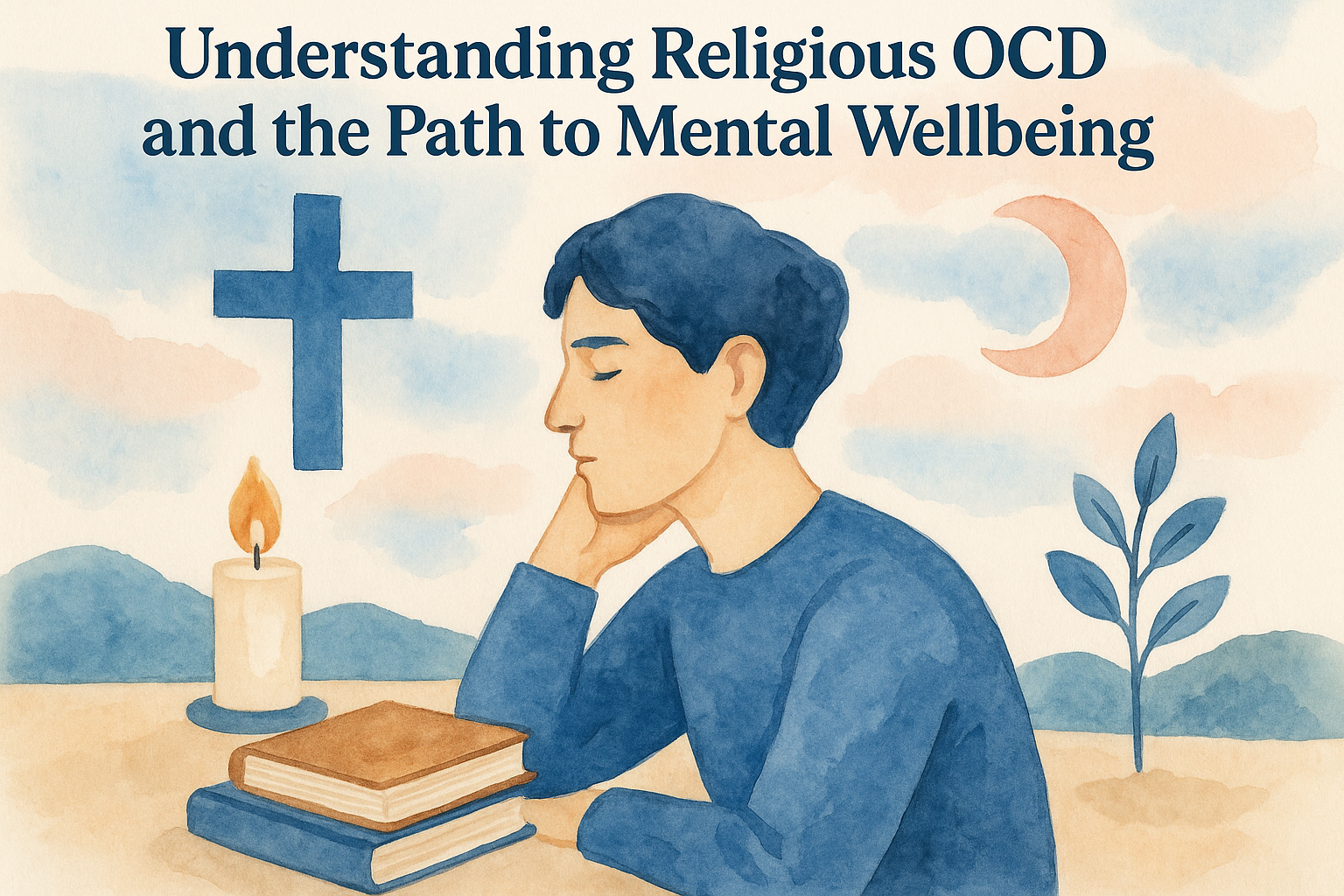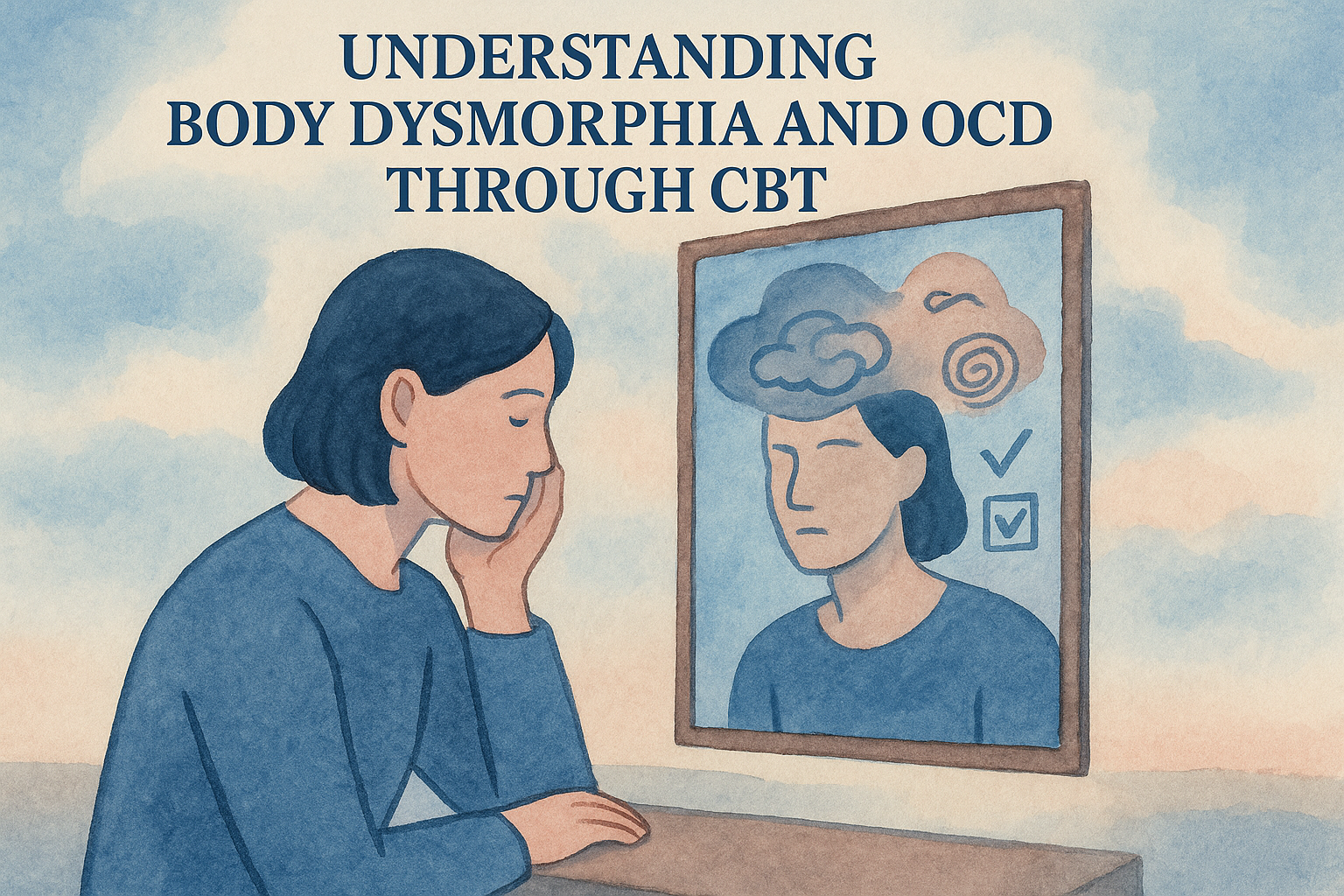Driving anxiety and related compulsions impact many individuals, creating significant emotional distress. This article explores the interplay between maladaptive beliefs and driving-related fears, emphasizing a cognitive-behavioral therapy (CBT) approach to foster resilience and mental wellbeing. By understanding and restructuring these thoughts, we can improve overall mental health while behind the wheel.
Understanding Driving Anxiety and Its Root Causes
Driving anxiety, or vehophobia, is a psychological condition that affects many individuals, often stemming from a traumatic experience or an ingrained fear of the act of driving itself. Symptoms can range from mild discomfort to debilitating fear, manifesting in panic attacks, trembling, sweating, and avoidance behaviors that can severely limit mobility and independence. Understanding the root causes of this anxiety is crucial for developing effective coping mechanisms and treatment options.
A common trigger for driving anxiety is a negative experience behind the wheel, such as a car accident. For instance, an individual involved in a minor collision may develop a heightened sensitivity to the idea of driving, perceiving every drive as a potential risk that could lead to further accidents. This fear can spiral into avoidance behaviors; the person may opt to stay home rather than confront the anxiety-provoking situation of driving. Over time, this avoidance exacerbates the anxiety, creating a cycle that reinforces the belief that driving is inherently dangerous.
Another aspect that contributes to driving anxiety is the perception of vehicular harm fears, where individuals worry excessively about their ability to control their vehicle and the consequences of any perceived incompetence. This fear might not only be directed towards their own driving but can also extend to worries about causing harm to others, a significant concern for many. For example, someone might fixate on the idea that they could unintentionally hit a pedestrian, despite rational evidence suggesting such events are rare. These maladaptive beliefs can distort reality; individuals may convince themselves that their driving skills are inadequate, overlooking their proficiency and the safe driving practices they routinely apply.
Recognizing these maladaptive beliefs is a pivotal step toward implementing cognitive behavioral therapy (CBT) techniques for treatment. CBT focuses on identifying and restructuring distorted thoughts, thus empowering individuals to replace their fears with a more rational perspective. Through this therapeutic process, clients learn to challenge their notions of danger and probability, examining the evidence for and against their fears. This restructuring of thought significantly enhances an individual’s resilience and equips them with the skills to approach driving with greater confidence.
Consider a case study of someone named Sarah. After her first driving test, where she mistakenly believed she had caused an accident—even though no damage was done—Sarah began to develop debilitating anxiety about driving. Each time she got behind the wheel, she experienced intrusive thoughts about hitting another vehicle or pedestrian, even in the absence of any real threat. As a result, Sarah frequently avoided driving altogether, calling taxis or relying on public transportation. With the help of CBT, she engaged in exercises designed to confront her fears directly. Over time, she learned to question the validity of her intrusive thoughts and gradually reintroduced driving into her daily routine.
Additionally, the phenomenon of checking behaviors while driving can greatly exacerbate driving anxiety. Individuals with these tendencies might find themselves repeatedly checking mirrors, the rearview camera, and their surroundings, convinced they may have missed a crucial detail that could lead to an accident. The underlying belief driving these compulsions is often a fear of being responsible for causing harm, whether to themselves or others. CBT strategies can be effective in addressing these compulsions, helping individuals understand that while safety is important, excessive checking can be unnecessary and counterproductive.
In summary, understanding driving anxiety involves recognizing its causes and manifestations. This knowledge paves the way for effective CBT interventions that equip individuals with the tools to challenge their maladaptive beliefs, alleviate their fears, and ultimately navigate the roads more comfortably and confidently.
Compulsions and Fears: The Impact of OCD on Driving
Driving anxiety can often be intertwined with obsessive-compulsive disorder (OCD), giving rise to a complex web of fears and compulsions that significantly impact an individual’s ability to drive peaceably. Many people who struggle with OCD may find themselves consumed with intrusive thoughts during their driving experience, which can manifest in various compulsive behaviors, such as excessive checking and reassurance seeking.
For instance, a patient named Sarah, who has a history of OCD, experiences profound distress while driving. She grapples with persistent fears of hitting pedestrians or causing accidents. Each time she approaches an intersection, her mind races with catastrophic scenarios where her vehicle collides with an unsuspecting pedestrian. This distressing intrusive thought sends her spiraling, leading her to compulsively check her mirrors and the road multiple times before making any move, often delaying her journeys and causing significant emotional turmoil.
These compulsions, such as ‘checking,’ serve a dual purpose—while they may offer transient relief from anxiety, they ultimately reinforce and perpetuate the cycle of fear and avoidance. Sarah often finds that despite her rigorous checking behaviors, she still feels overwhelmed with anxiety and doubts about her capabilities as a driver. The more she engages in these compulsion-driven behaviors, the more her fears are validated, leading to a vicious cycle that is hard to escape.
Another way OCD can manifest during driving is through compulsions related to the fear of vehicular harm. David, another individual struggling with OCD, experiences acute anxiety regarding his vehicle malfunctioning mid-drive. This concern compels him to repeatedly pull over to check essential aspects of his car, such as the oil levels or tire pressure, despite having performed these checks just before beginning his journey. This over-checking not only consumes David’s time but also amplifies his anxiety, making driving a laborious task rather than a routine activity.
Cognitive Behavioral Therapy (CBT) offers a pathway to challenge and reframe these maladaptive beliefs and compulsions. CBT encourages individuals to identify their intrusive thoughts, recognize the evidence—or lack thereof—that supports these fears, and develop more flexible thinking patterns. A vital CBT technique is cognitive restructuring, which involves disputing the validity of irrational thoughts. For instance, Sarah can be guided to assess the likelihood of her fears manifesting in reality, understanding that the incidents she worries about are statistically rare occurrences. By recasting her thoughts, she can begin to diminish the grip of her intrusive worries.
Exposure therapy is another pillar of CBT, where patients like David gradually confront driving situations that evoke anxiety. This exposure is conducted in a controlled manner and begins with less anxiety-provoking scenarios. Over time, David can be encouraged to drive through intersections or on busy roads where his compulsive checking would typically escalate. As he repeatedly faces these situations without engaging in compulsions, he can observe that his anxiety diminishes, fostering resilience and improving his driving confidence.
Furthermore, encouraging the use of thought logs enables individuals to document their intrusive thoughts and the resulting compulsions. This practice cultivates self-awareness and allows for reflection on the disconnect between their thoughts and reality. By recognizing how often their fears trigger compulsive behaviors without factual basis, patients can achieve a clearer understanding of their OCD.
In summary, driving-related OCD compels individuals to adhere to rigid checking behaviors and leads to debilitating fears that hinder their ability to drive. Through CBT techniques that promote flexible thinking and address compulsive actions, individuals can learn to challenge their fears effectively. Thus, the road to improved driving confidence becomes navigable, transforming anxiety-laden journeys into more manageable experiences.
Building Resilience through Cognitive Behavioral Therapy
Driving anxiety often manifests in various discomforting ways, significantly impacting a person’s quality of life. Many individuals experience intense fear when getting behind the wheel, which can be exacerbated by obsessive-compulsive disorder (OCD) symptoms. Among these, ‘hit-and-run OCD’ particularly stands out. It involves persistent fears of unintentionally causing harm to pedestrians, vehicles, or even inanimate objects while driving. These thoughts can manifest as compulsive behaviors, such as checking for damage or the safety of individuals after a drive, leading to distress and avoidance of driving altogether.
When left unaddressed, driving anxiety exacerbates maladaptive beliefs, perpetuating a vicious cycle of fear and avoidance. These fears are often entwined with other symptoms of OCD, specifically the compulsions tied to checking. For instance, a person may experience intrusive thoughts about hitting someone and subsequently feel compelled to go back and ensure that no one was harmed. This checking behavior can result in extensive delays and can significantly interfere with daily life, causing the individual to avoid driving altogether, creating a ripple effect on their independence and mental wellness.
Cognitive Behavioral Therapy (CBT) provides an effective framework for reframing these troubling thoughts and behaviors. Through cognitive restructuring, individuals learn to recognize and challenge their irrational beliefs about driving. The aim is to replace these maladaptive thought processes with more rational, evidence-based perspectives. For example, a driver harboring fears of causing an accident might be encouraged to confront the fact that statistically, most drivers are not involved in hit-and-run incidents. By examining the data rather than succumbing to obsessive thoughts, they gradually learn to manage their fears more effectively.
Exposure therapy, another key component of CBT, involves gradually confronting feared situations. In the context of driving anxiety, this could mean slowly desensitizing oneself to driving scenarios that trigger panic. A person might first visualize driving in their mind, then progress to sitting in a parked car, and eventually, to short drives around familiar locations. Each step helps reduce the anxiety associated with driving and counters compulsive behaviors by reinforcing the idea that they are capable and in control. This process fosters resilience, enabling individuals to learn that while distress may arise, it can be managed and is often temporary.
Utilizing thought logs can further enhance this journey. Encouraging individuals to document their driving experiences, thoughts, and feelings allows for reflection and analysis. This practice aids in recognizing patterns of negative thinking and triggers that contribute to anxiety and compulsion. For instance, if someone meticulously notes each instance of a compulsive behavior, such as repeatedly checking their rearview mirror after a stop, they can later reflect on whether these actions were truly necessary. Identifying such patterns can unveil the distinction between a reasonable precaution and excessive checking, facilitating a shift toward healthier thinking.
Real-world success stories highlight the effectiveness of a CBT cognitive-first approach. Consider the account of Sarah, who spent years avoiding driving out of fear of causing an accident. Through a combination of cognitive restructuring, exposure therapy, and meticulous thought logging, she incrementally confronted her fears. With each small step, from navigating in her driveway to driving alone on quiet streets, she slowly diminished her anxious thoughts. Now, Sarah drives confidently, having learned to manage her fears and understand that while she cannot completely eliminate risk, she can cultivate resilience.
Embracing driving-related anxiety does not equate to yielding to irrational fears; rather, it signifies the process of facing, understanding, and reforming those fears into manageable aspects of everyday life. Through consistent practice of CBT techniques, readers are encouraged to challenge their maladaptive beliefs and transition into helpful thinking patterns that pave the way toward improved mental health and reduced symptoms, ultimately reclaiming their right to drive freely and confidently.
Conclusions
In conclusion, addressing driving anxiety and compulsions through a cognitive-first approach allows individuals to reshape their thinking patterns and enhance their resilience. By recognizing and adapting maladaptive beliefs, it is possible to reduce symptoms of anxiety and improve overall wellbeing on the road. Mental health is a journey; understanding is the first step.



